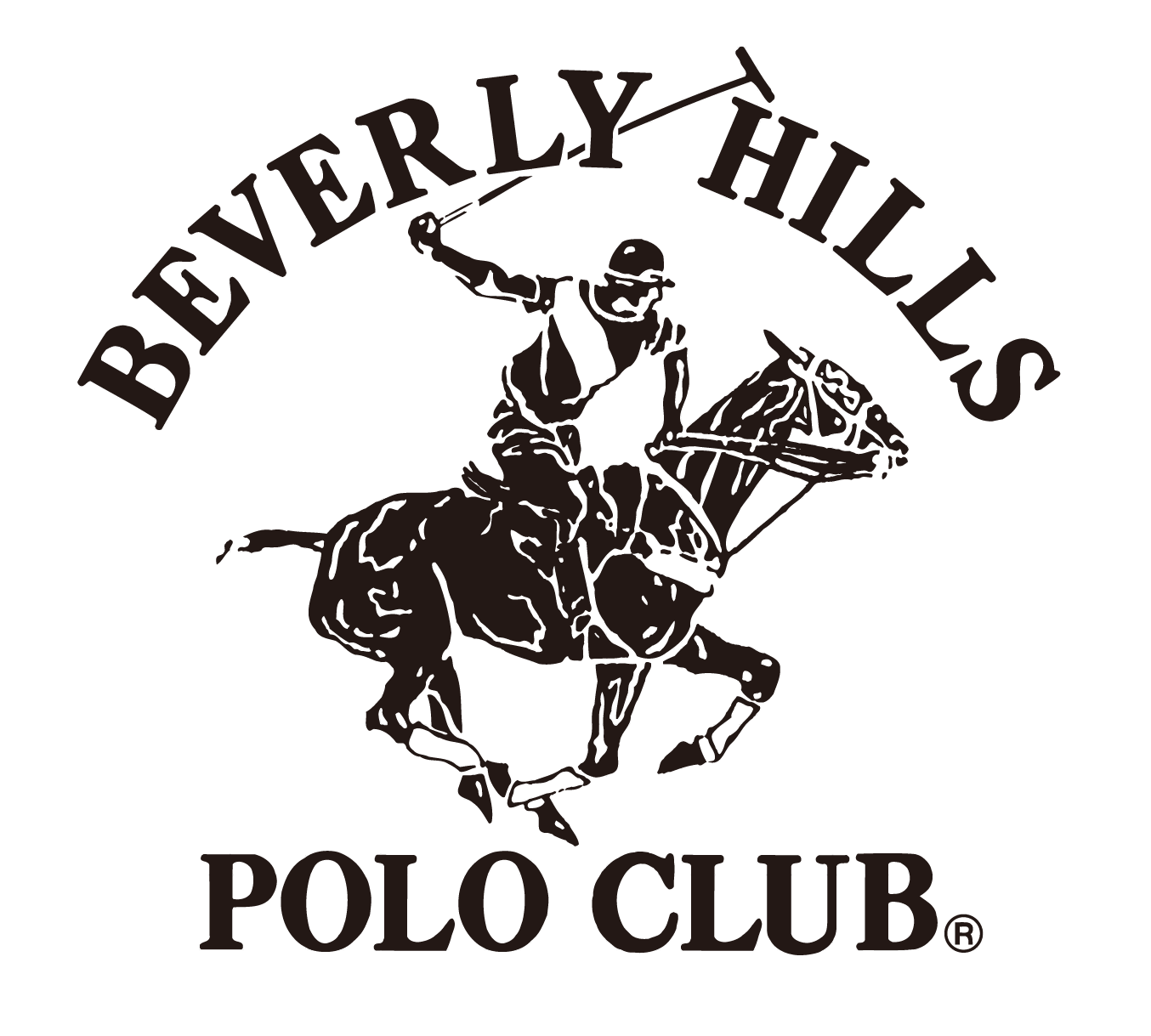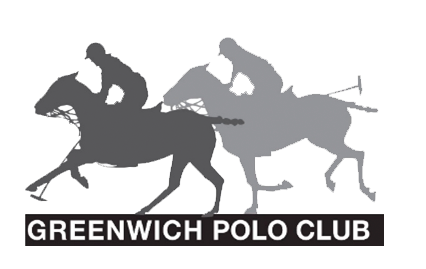Three surprising rulings about trademark law in the sports world
Although there are probably no trademark attorneys who can run 100 metres under 10 seconds, working with intellectual property often feels like an elite sport. I suspect that flying off a ski jump feels the same as submitting legal documents, after all, you know you can do it, but it all has to fall into place. And in some cases, our work really is about (elite) sport! In this article, we'll discuss three recent rulings in which sport and intellectual property are intertwined.
CASE #1
Messi versus Massi
This first ruling is about perhaps the most famous name in the world of football: Lionel Messi, player of Paris Saint-Germain and winner of seven Golden Balls, applied for the word mark MESSI in the European Union in 2011 for clothing and shoes, among other things. By 2011, Messi has already won three Golden Balls, won the Champions League three times and celebrated five championships. A clothing brand with his name is in line with commercial expectations.
Clothing brand MASSI, however, thinks otherwise. They object to the trademark application; according to Massi, there is a great risk of confusion between the brand names MESSI and MASSI if both exist side by side on the market. The European authorities agree with this and argue that these marks are indeed too similar, since both are visually and aurally very similar and both are meaningless words. After all, the name Messi is known to a limited audience, the football enthusiast.
In the end, Massi still loses on appeal and the MESSI brand is accepted. In this situation, the court rules that Messi already has such a reputation in 2011 that the word is no longer completely meaningless. This side is easy to understand, because Messi is already a world star in 2011.
RULING
However: Massi does not stop there and appeals against this ruling. Unfortunately for the MASSI brand, the highest legal body confirms the court’s ruling. Despite the high visual and auditory similarity, there is a conceptual difference. Footballer Messi’s fame is so great that it outweighs all similarities. In the case of clothing, the consumer will instantly think of the footballer when thinking of Messi, and not of the clothing brand Massi or become confused with it.
An important lesson from this ruling is that the possible reputation of a person who registers his name as a trademark can influence the consumer’s perception of this brand.
CASE #2
Registration of the word mark Polo Club, even if you’re not a polo club
A second sports-related conflict is a ruling about the names of two sports clubs. Sports clubs usually don’t have the most original names, but there are exceptions in the form of TOP Oss (Tot Ons Plezier) and HBOK from Zunderdorp (Het Begon Op Klompen, tip: their logo even includes a football clog).
Unfortunately, most sports clubs are less original and rather descriptive. In most Dutch towns and villages, you’ll find a “VV” or “TC” with a reference to the location. One would suspect that you can derive few rights from this but based on a recent ruling, the European Court has decided that in some cases, you can derive rights from generic names of (sports) clubs. The Beverly Hills Polo Club brand was founded in 1982. The polo club is not a polo club, but merely a clothing brand. They own, among other things, two trademark rights in the European Union, the word mark BEVERLY HILLS POLO CLUB and a logo:

Greenwich Polo Club, another party from the United States and indeed a polo club, also wants to enter the European market. Greenwich polo club applies for a trademark for approximately the same goods (clothing and jewellery) for its own logo:

The clothing and lifestyle brand Beverly Hills disagrees and files an objection to the Greenwich Polo Club trademark application.
In both the first instance and on appeal, the European authorities decide there is a likelihood of confusion. The identical term “POLO CLUB” outweighs the differences between the marks. The existing difference Greenwich and Beverly Hills and the different images are not enough, thanks only to the identical POLO CLUB element.
RULING
On appeal, however, the non-polo club is again ruled in in favour of. Given that the term polo club does not refer to the requested goods, namely clothing and jewellery, the authorities consider this term is distinctive for these goods. As Polo Club is present in both brands, there is a certain degree of similarity. The fact that the marks include place names has only a minor impact on the conceptual content of the marks, as they will still refer to the same concept, namely playing polo at a club.
Greenwich Polo Club will therefore have to come up with something else for the time being to use its trademark in the European Union. Until then, the polo club that is not a polo club is a polo club in the European trademark register. Clear story, right?
CASE #3
Juventus NFTs
The third case in which sport and trademark law are intertwined is a recent Italian ruling. Blockeras, an Italian company focused on blockchain activities, is producing 68 NFTs with Italian football player Christian Vieri.Read more about NFTs and blockchain developments here This former football player himself gives permission for producing these NFTs. The court case comes from a different side: Juventus football club.
The Juventus uniform is also very prominent on the NFT trading cards in addition to Vieri. Reference was also made to the name Juventus. Juventus has not granted permission for this exploitation and on the basis of its trademark rights, Juventus decides to demand a ban on the sale of these NFTs.
The Italian court states that Juventus is a very large sports club, which is also known in Italy for its merchandise activities, both offline and online. Blockeras’ use of the Juventus brand in the Vieri NFTs may leave the relevant public confused as to the commercial origin of the NFTs. The relevant public may erroneously associate these NFTs with the Juventus sports club.
RULING
Although Juventus does not hold a registration for downloadable virtual goods, its reputation and the rest of its trademark registration (including digital downloadable publications) is enough for the Italian court to prohibit Blockeras from continuing with the NFTs. Blockeras is banned from further manufacturing, marketing or selling these NFTs, as well as the digital content associated with the NFTs.
Once again, the reputation that can arise in (elite) sport plays a major role in the court’s judgment.
This article was written by Trademark and Design Attorney Leon Olde Nordkamp.